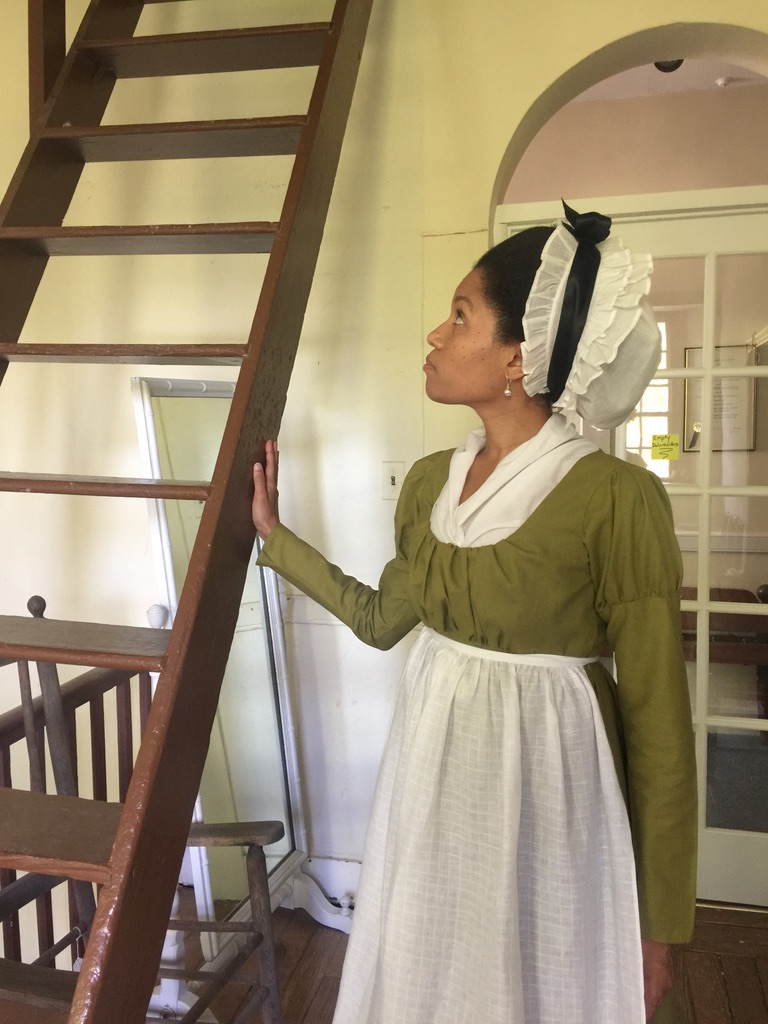
Dunbar is the author of She Came to Slay: The Life and Times of Harriet Tubman Never Caught: The Washingtons’ Relentless Pursuit of Their Runaway Slave, Ona Judge, which was a finalist for the 2017 National Book Award for nonfiction and A Fragile Freedom: African American Women and Emancipation in the Antebellum City. Dunbar is also the National Director of the Association of Black Women Historians and previously served as the Inaugural Director of the Program in African American History at the Library Company of Philadelphia. Dunbar’s research and scholarship has, in her own words, focused primarily on “the lives of women of African descent who called America their home during the eighteenth and nineteenth centuries.” With special interests in urban history, Philadelphia history, and emancipation studies, Dunbar is the current Charles and Mary Beard Professor of History at Rutgers University in New Jersey, a post she has held since 2017. After earning a BA from UPenn in history and Afro-American Studies, she went on to receive her MA and PhD from Columbia University. She was drawn to true stories, and when she enrolled in the University of Pennsylvania, decided to turn her childhood passion into a course of study. This book, while very good, might be best enjoyed by those already familiar with his biography.Born and raised in Pennsylvania, Erica Armstrong Dunbar spent the early years of her education at a Philadelphia Quaker school reading deeply for hours on end. For another, some of the early verses rely on knowledge of Washington that I did not have, which made them harder to follow. It’s not the sort of thing you dive into you have to approach it on its own terms, and that may mean going into it slowly. For one thing, it can be dense for such a small book. The one trouble I had was with getting into the book at the very beginning. Instead, the verse let itself be shaped to fit the poems, which is as poetry should be. The poems never felt as though they were stretching for a rhyme, or altering themselves to fit the form of verse. I enjoyed the flow of the verse, and the rhymes that occasionally sprang out from the lines. Perhaps, out of the combination of both, we can learn to be better.Ĭhichetto’s poetry is beautifully written, with a clear love for his subjects.

Perhaps we can be inspired by the wondrous even as we are repelled by the horrific. Perhaps, this book says, George Washington (and American history itself) is too complex and contradictory to be boiled down to being one thing or the other. To leave one out would be to forget a part of history. The two voices weave in and out, never quite speaking to one another but always in tandem. Her words provide a counterpoint to Washington’s, never directly calling him out but always reminding the reader of another narrative which has been for too long overshadowed. At the same time, however, he presents us with Ona Judge, an enslaved woman kept by Martha Washington. In beautiful, rich verse, he presents us with the Washington so many of us grew up hearing about: the war hero, the statue of a man who rose above the rest to become the president all others would be measured against. To some, it seems he can only be one thing or the other, only hero or villain.Įnter James Chichetto. He was always known as a slaveowner, but in recent years fewer people have been willing to brush over that part of his history.

Revered as the father of the nation and the first president (not to mention the general who led the colonies through their revolution), his legacy has lately become more tarnished. George Washington is a familiar figure in American history.


 0 kommentar(er)
0 kommentar(er)
